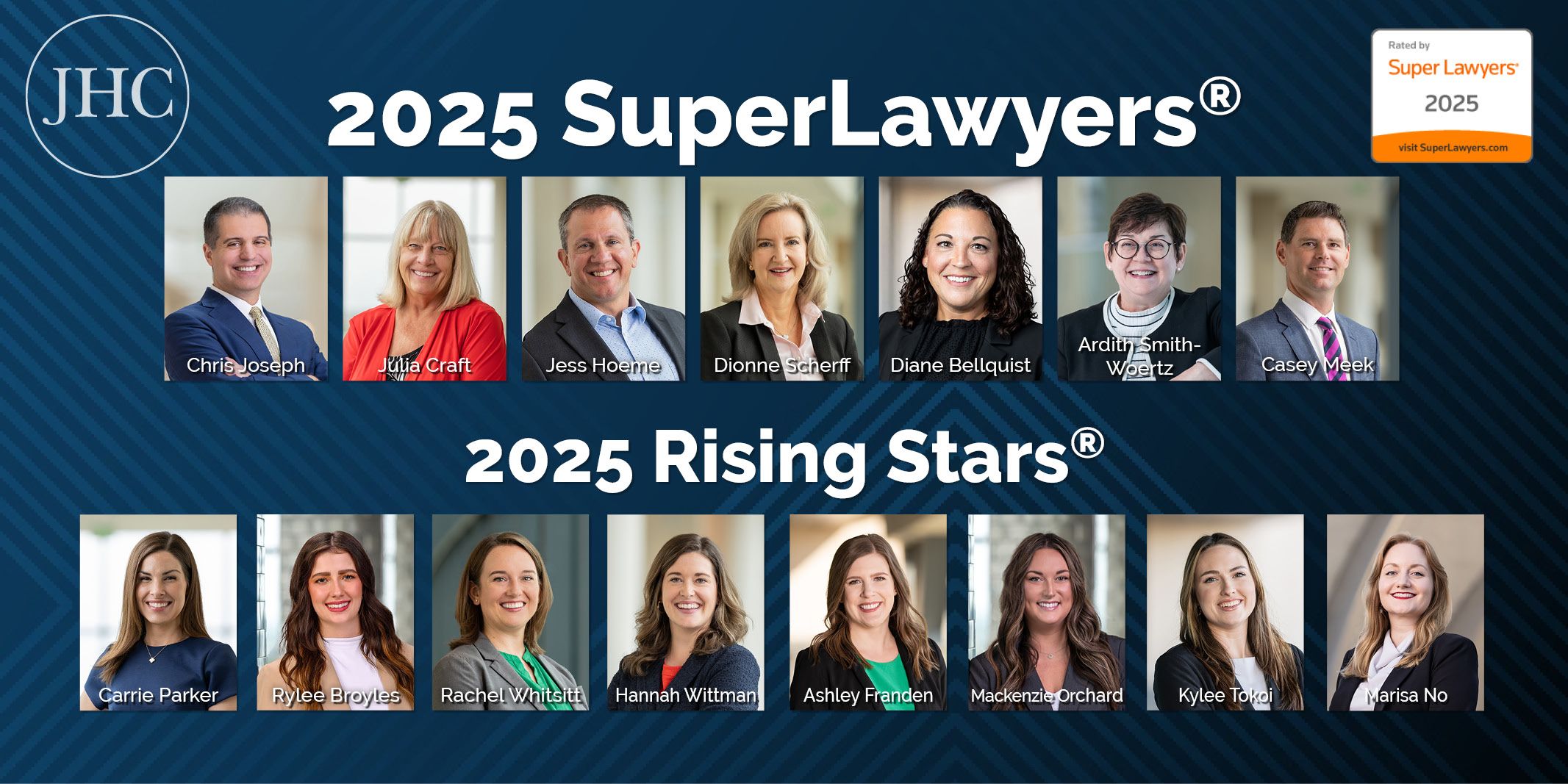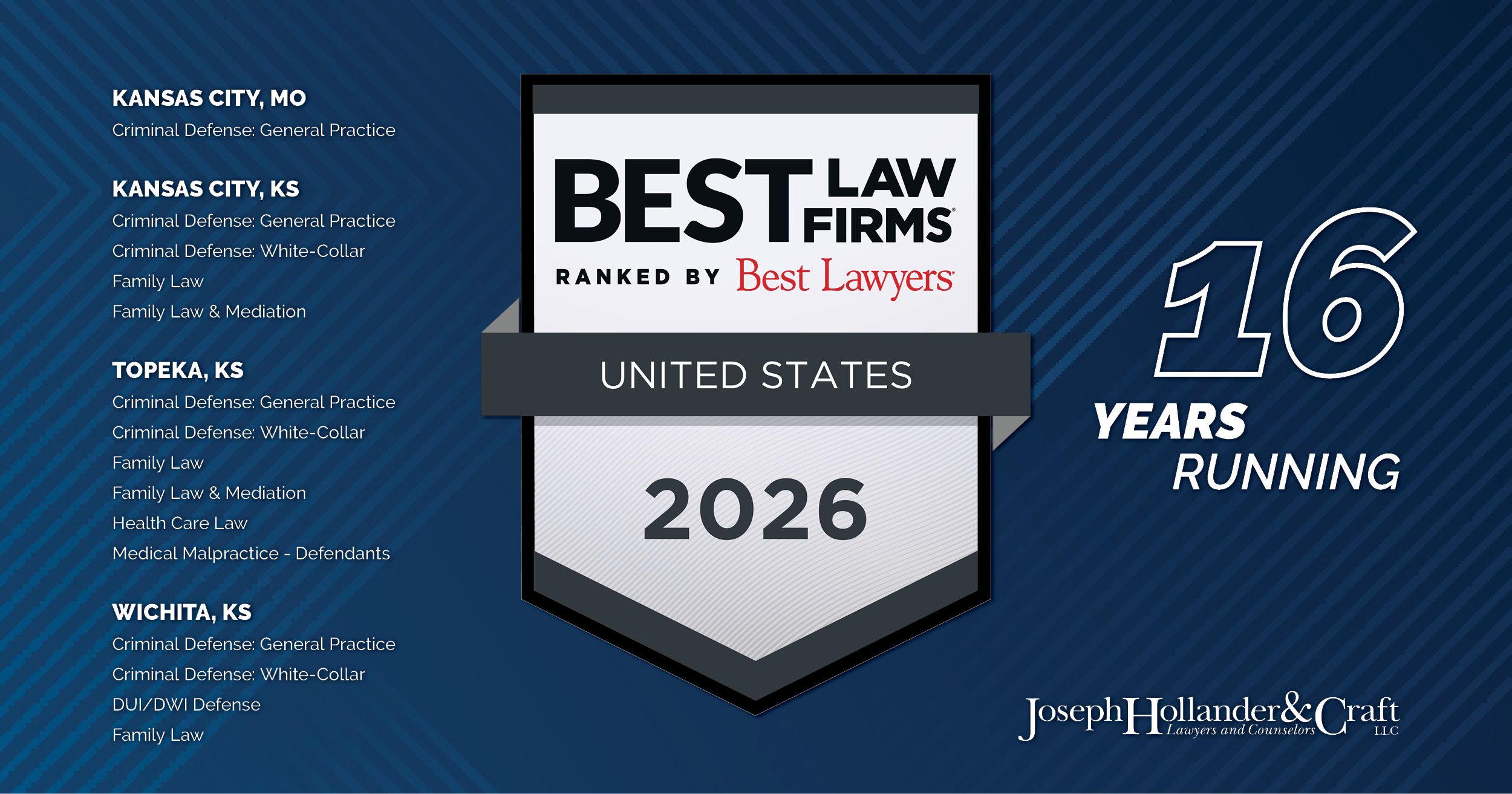New Authority: Romantic Relationships Between Criminal Defense Counsel and Law Enforcement Officers (NYSBA Opinion 1255)
Author: Dr. Michael H. Hoeflich
This article is featured in Volume 4, Number 7 of the Legal Ethics and Malpractice Reporter.
On May 26, 2023, the New York State Bar Association released Ethics Opinion 1255. This rather charming opinion deals with the ethical consequences of love in the legal profession — specifically between a criminal defense lawyer and a deputy sheriff.
The facts are, no doubt, similar to those of many others occurring around the country. The defense lawyer asking for guidance was in a “romantic relationship” with a deputy sheriff who had been “secondary or supporting officer” in two prior cases against her clients, both of which ended in negotiated noncriminal dispositions, and was “currently representing a client accused of a double homicide in a prosecution in which the deputy sheriff is again a ‘supporting officer.’”
The Opinion cites New York Rule 1.7(a)(2), which states that a lawyer may not represent a client if “there is a significant risk that the lawyer’s professional judgment on behalf of a client will be adversely affected by the lawyer’s own … personal interests” unless, per Rule 1.7(b), the conflicted lawyer obtains the client’s informed consent, confirmed in writing.
Kansas Rule 1.7 provides:
(a) Except as provided in paragraph (b), a lawyer shall not represent a client if the representation involves a concurrent conflict of interest. A concurrent conflict of interest exists if:
(1) the representation of one client will be directly adverse to another client;
(2) there is a substantial risk that the representation of one or more clients will be materially limited by the lawyer’s responsibilities to another client, a former client or a third person or by a personal interest of the lawyer.
(b) Notwithstanding the existence of a concurrent conflict of interest under paragraph (a), a lawyer may represent a client if:
(1) the lawyer reasonably believes that the lawyer will be able to provide competent and diligent representation to each affected client;
(2) the representation is not prohibited by law;
(3) the representation does not involve the assertion of a claim by one client against another client represented by the lawyer in the same litigation or other proceeding before a tribunal; and
(4) each affected client gives informed consent, confirmed in writing.
The Missouri Rule reads:
(a) Except as provided in Rule 4-1.7(b), a lawyer shall not represent a client if the representation involves a concurrent conflict of interest. A concurrent conflict of interest exists if:
(1) the representation of one client will be directly adverse to another client; or
(2) there is a significant risk that the representation of one or more clients will be materially limited by the lawyer’s responsibilities to another client, a former client, or a third person or by a personal interest of the lawyer.
(b) Notwithstanding the existence of a concurrent conflict of interest under Rule 4-1.7(a), a lawyer may represent a client if:
(1) the lawyer reasonably believes that the lawyer will be able to provide competent and diligent representation to each affected client;
(2) the representation is not prohibited by law;
(3) the representation does not involve the assertion of a claim by one client against another client represented by the lawyer in the same litigation or other proceeding before a tribunal; and
(4) each affected client gives informed consent, confirmed in writing.
Although these three Rules differ in some respects, NYSBA Ethics Opinion 1255 should provide some degree of guidance to lawyers subject to each version. On the facts as presented, Opinion 1255 sounds a note of caution:
Here, whether such a significant risk exists will depend, among other factors, upon (i) the closeness of the relationship between the inquirer and the deputy sheriff, (ii) whether the deputy sheriff played a significant role in investigating the matter, (iii) whether the actions of the sheriff’s department are an issue in the case, and (iv) whether the deputy sheriff will be a trial witness subject to cross-examination by the inquirer.
Concern would arise if the deputy sheriff played a significant role in investigating the matter, or if the deputy sheriff would be subject to cross-examination, because the inquirer might be tempted to “pull her punches” in defending her client. The inquirer might also be inclined to accept a negotiated plea of guilty to resolve the matter without exposing deficiencies in the investigation or implausible testimony given by the deputy sheriff or others in the sheriff’s office.
In addition to these concerns, Opinion 1255 also explores the dangers to client confidentiality. Although the parties are not both lawyers, the Opinion states a concern that the existence of an intimate relationship between a defense lawyer and a law enforcement officer might cause a breach of confidentiality and require, at the very least, informing the client of the relationship.
Further, the Opinion discusses whether such a conflict arising from an intimate relationship would be consentable by the client. Again, the Opinion expresses a note of caution, quoting from Comment [15] to New York Rule 1.7(b):
Consentability is typically determined by considering whether the interests of the clients will be adequately protected if the clients consent to representation burdened by a conflict of interest. Thus, under paragraph (b)(1), notwithstanding client consent, representation is prohibited if, in the circumstances, the lawyer cannot reasonably conclude that the lawyer will be able to provide competent and diligent representation.
The Opinion also quotes language from NYSBA Opinion 660, a 1994 case decided under the predecessor to New York’s current Rules of Professional Conduct where it noted that a “scintilla of partiality, which might be waivable by private parties in other contexts, is intolerably suspect and prejudicial to the public’s regard for the criminal justice system”:
Irrespective of the subjective intent of the prosecutor and defense counsel, and regardless of howsoever scrupulous they may be in the conduct of their professional obligations, the appearance of partiality in the administration of justice is so strong that a couple who date frequently should not be permitted to appear opposite one another in criminal cases.
We leave for another day the issue of how to determine when friendship and warm regard become so fraught with emotion as to provide a basis for disqualification under DR 5-101(A). Whatever hereafter may be said of friendships in varying degrees, we believe that a frequent dating relationship is clearly over the line that separates ethically cognizable conflicting interests from those which are not. A dating relationship between adversaries is inconsistent with the degree of professional judgment required by DR 5-101(A).
The message here is quite clear. Intimate relationships in cases such as between lawyer and law enforcement officer are not simple from an ethical standpoint and will require serious scrutiny.
The Opinion concludes with an analysis of whether conflicts in this case would be imputable to other lawyers in a firm. Because New York has complex rules on imputability that are different from the Model Rules, we will not go into that discussion here; but readers may wish to look at this.
READ THE FULL ISSUE OF LEMR, Vol. 4, No. 7
About Joseph, Hollander & Craft LLC
Joseph, Hollander & Craft is a mid-size law firm representing criminal defense, civil defense, personal injury, and family law clients throughout Kansas and Missouri. From our offices in Kansas City, Lawrence, Overland Park, Topeka and Wichita, our team of 25 attorneys covers a lot of ground, both geographically and professionally.
We defend against life-changing criminal prosecutions. We protect children and property in divorce cases. We pursue relief for clients who have suffered catastrophic injuries or the death of a loved one due to the negligence of others. We fight allegations of professional misconduct against medical and legal practitioners, accountants, real estate agents, and others.
When your business, freedom, property, or career is at stake, you want the attorney standing beside you to be skilled, prepared, and relentless — Ready for Anything, come what may. At JHC, we pride ourselves on offering outstanding legal counsel and representation with the personal attention and professionalism our clients deserve. Learn more about our attorneys and their areas of practice, and locate a JHC office near you.












